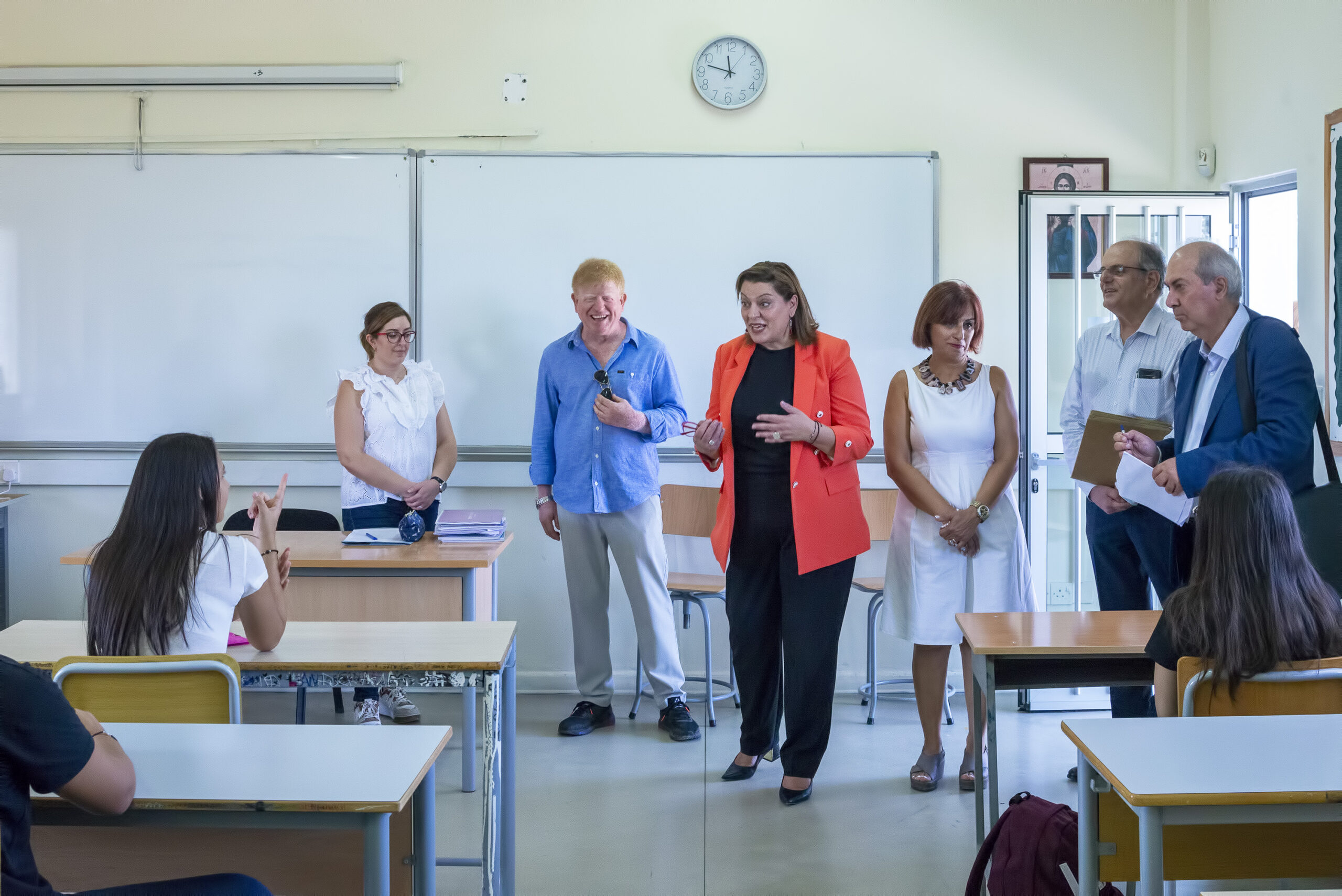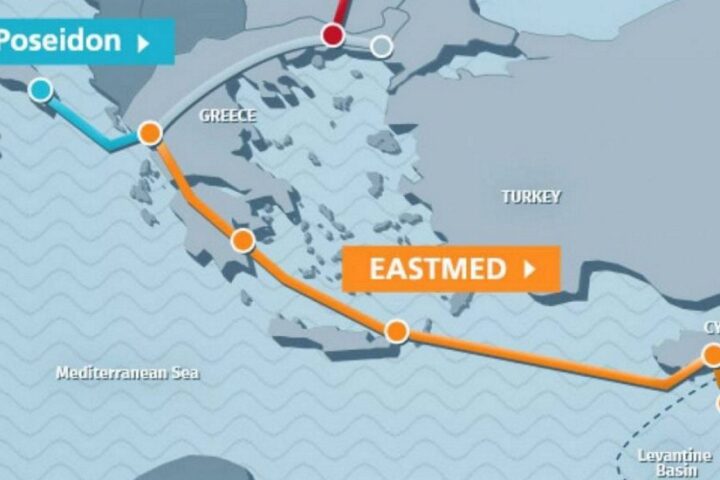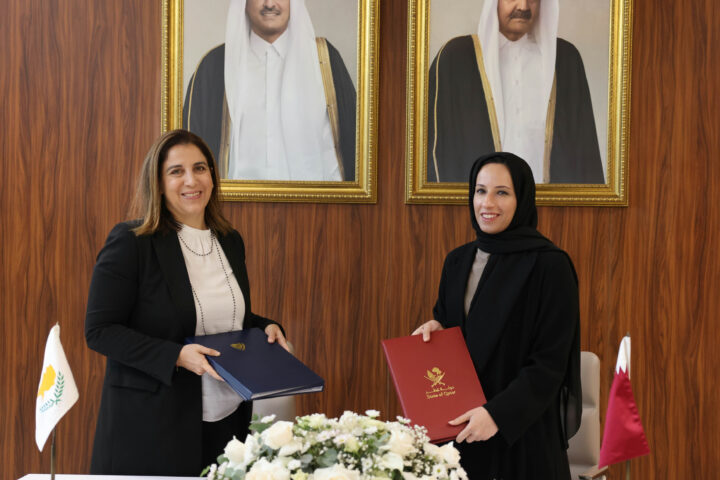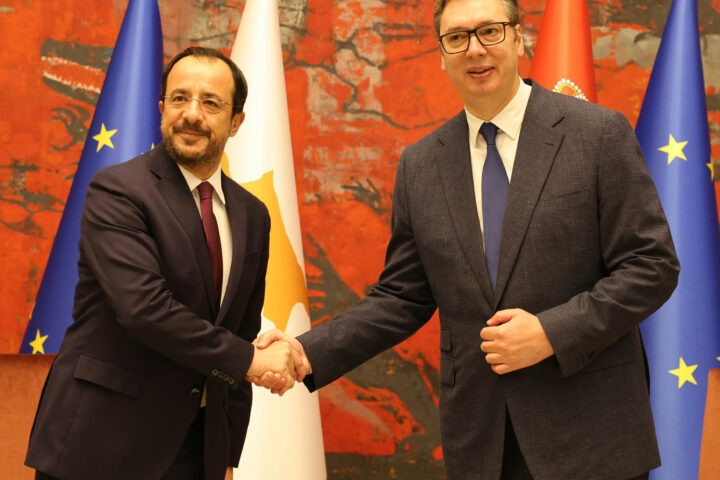The European Commission announced it will provide technical support to Cyprus to implement all-day schooling in gymnasiums.
According to the statement, the new Technical Support Instrument (TSI) was created after the Ministry of Education requested the Commission’s help in implementing a reform that will pave the way to all-day schooling in lower secondary education.
TSI will support the development of an operational framework for institutionalising all-day schooling at the lower secondary education level, focusing on curriculum enrichment and personalised guidance to students most in need.
The project will provide the analytical ground to assess the feasibility of the reform, develop a concrete policy planning proposal and test the deployment of the reform via targeted actions in selected schools.
The interventions will focus on evidence generation through mapping the current state of play of lower secondary education in Cyprus and analysing good practices, developing a full-day lower secondary schooling plan with different scenarios for deployment and their respective costing, communicating and monitoring the project.
The launch of the technical support project was announced during an event organised by the Commission with UNESCO and the Ministry of Education.
According to the latest Programme for International Student Assessment (PISA) report published in October 2020, Cyprus’ public education system has a low level of student achievement/performance.
On average, one in 10 pupils leaves school early in Cyprus, while the share among foreign-born youth rises to 3 in 10. Youth unemployment rate is high at 16.6%.
“All-day schooling can keep children safe and have a positive impact on their well-being, also better preparing them for lifelong learning,” said the Commission statement.
“It also can reduce early school leaving and improve academic performance, including of students with migrant and refugee backgrounds.
“All-day schooling also fosters women’s access to the labour market by reducing parental responsibility of after-school care.”
The project is aligned with the EU’s priority to ensure quality and inclusive education for all and the Council of the European Union’s Recommendation on Pathways to School Success.
The TSI is the Commission’s main instrument to provide technical support to EU reforms following a national authority request.










